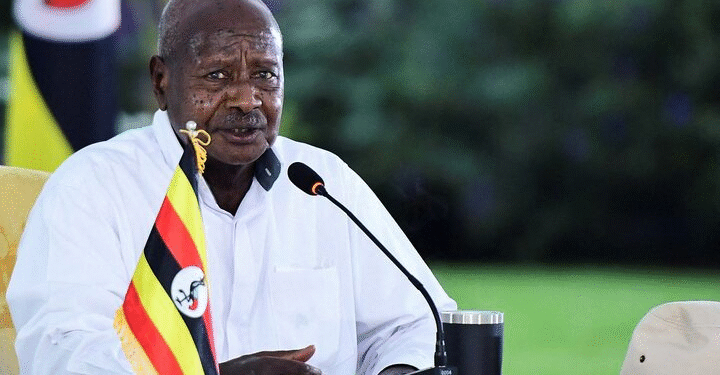Uganda’s parliament has passed a controversial amendment to the country’s military law, allowing military courts to try civilians, a move that directly contradicts a Supreme Court ruling earlier this year banning such trials.
The legislation, which was passed on Tuesday, has triggered outrage from opposition lawmakers and human rights groups, who have long accused the government of using military courts to target political opponents and silence dissent. The government denies these allegations.
Parliament confirmed the passage of the bill in a post on X (formerly Twitter), prompting praise from military chief General Muhoozi Kainerugaba. “Today, you proved you are fearless patriots! Uganda will remember your courage and commitment,” Kainerugaba wrote in a post directed at government-aligned lawmakers and the speaker of parliament.
Military spokesperson Chris Magezi defended the legislation, saying it was essential for national security. “This law will deal decisively with armed violent criminals, deter the formation of militant political groups that seek to subvert democratic processes, and ensure national security is bound on a firm foundational base,” he said.
However, opposition MP Jonathan Odur strongly opposed the amendment during parliamentary debate, describing it as “shallow, unreasonable, and unconstitutional.” He argued that there is no legal basis for trying civilians in military courts, especially after the Supreme Court’s clear directive in January.

The amendment now awaits approval from President Yoweri Museveni before it becomes law.
In its January ruling, Uganda’s Supreme Court declared that military courts lacked the legal competence to fairly and impartially try civilians. The decision led to the transfer of former presidential candidate Kizza Besigye’s treason case from a military court to a civilian court.
Besigye, a four-time challenger of Museveni, had been arrested in Kenya and brought back to Uganda to face military charges — a move his legal team and his party, the People’s Front for Freedom (PFF), called politically motivated.
Opposition leader Bobi Wine also faced military prosecution in 2018 for alleged illegal possession of firearms, though the charges were later dropped.
International rights organizations, including Human Rights Watch, have repeatedly condemned Uganda’s military courts, citing concerns over torture, lack of due process, and bias. The military has consistently denied these allegations.
The reintroduction of military trials for civilians could once again place Uganda’s human rights record under international scrutiny.









